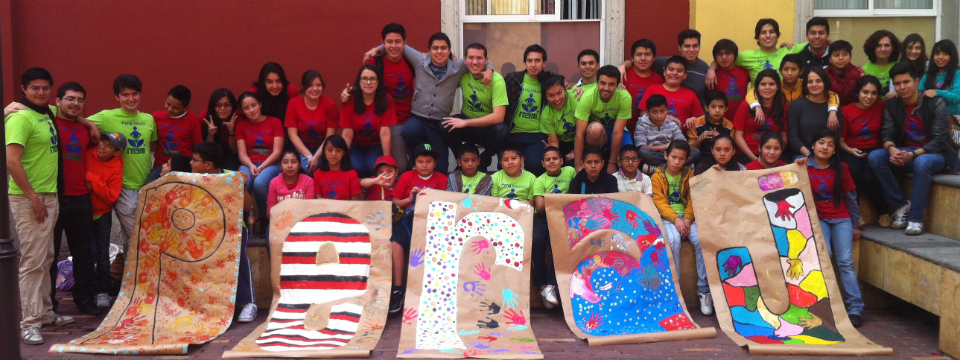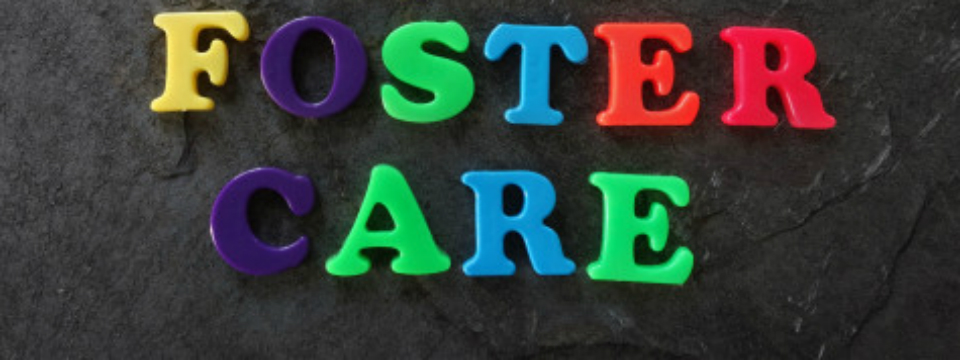Systematic review explores natural mentoring among underrepresented college students
Monjaras-Gaytan, L. Y., & Sánchez, B. (2023). Historically underrepresented college students and natural mentoring relationships: A systematic review. Children and Youth Services Review, 149, 106965. https://doi.org/10.1016/j.childyouth.2023.106965
Summarized by Ariel Ervin
Notes of Interest:
- Historically underrepresented college students encounter many hurdles as they navigate higher education.
- Although natural mentorships are a viable way to support historically underrepresented college students, there are limited studies that assess this subject.
- This systemic review synthesizes findings from the literature on natural mentorships for historically underrepresented college students.
- More specifically, this study examines natural mentorship traits, which factors link to them, and whether mentor type moderates outcomes associated with these natural mentoring relationships.
- Natural mentors can provide various forms of support (e.g., informational, instrumental, and emotional) to students from historically underrepresented backgrounds, depending on what type of mentor they are.
- For instance, evidence indicates that institutional mentors provide more evaluative and informational support than high school or familial mentors.
- This type of natural mentorship is associated with various outcomes, such as increased motivation, positive academic outcomes, improved self-concept, well-being, and the development of interpersonal skills.
- Despite these promising findings, the findings also reveal the gaps in the existing literature.
- For instance, future research needs to further explore how these relationships develop & sustain and how different types of mentors (e.g., family members or institutional staff) can affect various mentoring outcomes.
Introduction (Reprinted from the Abstract)
Historically underrepresented college students experience barriers during college. One source of support that may help students manage these challenges is natural mentors. However, research on historically underrepresented college students’ natural mentoring relationships is limited. The aim of this systematic review was to examine studies of historically underrepresented college students’ natural mentoring relationships during college and to provide recommendations for future research. The research questions that guided the review were (a) What are the characteristics of these relationships? (b) What factors are associated with these relationships during college? and (c) Are the outcomes associated with having these relationships moderated by type of mentor? Examined studies demonstrated that natural mentors offer a variety of support in various aspects of students’ lives. Relationships were linked to multiple benefits for this population, including psychological well-being, positive academic outcomes, improved self-concept, increased motivation, and development of interpersonal skills broadly. This review showed that there are still many gaps in the literature on the nuances of these relationships and the development of the relationships for historically underrepresented college students.
Implications (Reprinted from the Discussion)
Previous mentoring reviews have shown that mentoring relationships (natural and formal) can greatly benefit college students (Crisp and Cruz, 2009, Crisp et al., 2017). This is the first systematic review focused on the natural mentoring relationships of historically underrepresented college students. These students encounter challenges in completing their undergraduate degree due to existing systemic barriers in higher education (e.g., discrimination, continuous high-cost of tuition) and may reap the benefits of a natural mentor during college. This study used systematic review methodology to investigate the current literature examining natural mentoring relationships of historically underrepresented college students. Through a systematic search, ten qualitative and quantitative studies were identified that met the inclusion criteria for this review. Due to the few studies that met the criteria for the systemic review, the findings should be interpreted with caution.
Overall, the study supports previous mentoring models highlighting the benefits of mentoring relationships (Hagler, 2018, Rhodes, 2005). Findings showed that natural mentors provide historically underrepresented college students a variety of social support (e.g., emotional, informational, instrumental) in both the personal and academic aspects of their lives. The support that students receive from their mentors may depend on the type of mentor. Familial mentors were found to support underrepresented college students more holistically compared to other types of mentors during their first two years of college (Raposa & Hurd, 2021). Institutional natural mentors were found to provide more informational and appraisal support compared to familial and high school mentors, which are important types of support during college (Raposa & Hurd, 2021). Unfortunately, one study found fewer underrepresented college students reported institutional natural mentors (i.e., university faculty, staff, administrators) compared to non-underrepresented college students (Le et al., 2021). These types of natural mentors are necessary in the lives of historically underrepresented college students in order to persist and graduate from college. According to Hagler’s (2018) mentoring model for underrepresented college students and Stanton-Salazar’s (2011) social capital framework on institutional agents, institutional natural mentors are well-positioned to provide underrepresented college students with resources and knowledge to navigate college successfully.
To access this article, click here.










